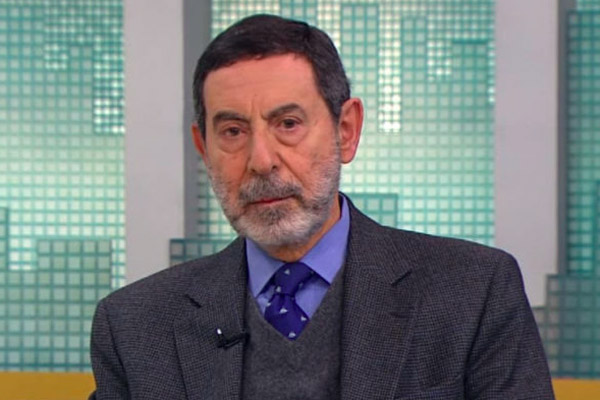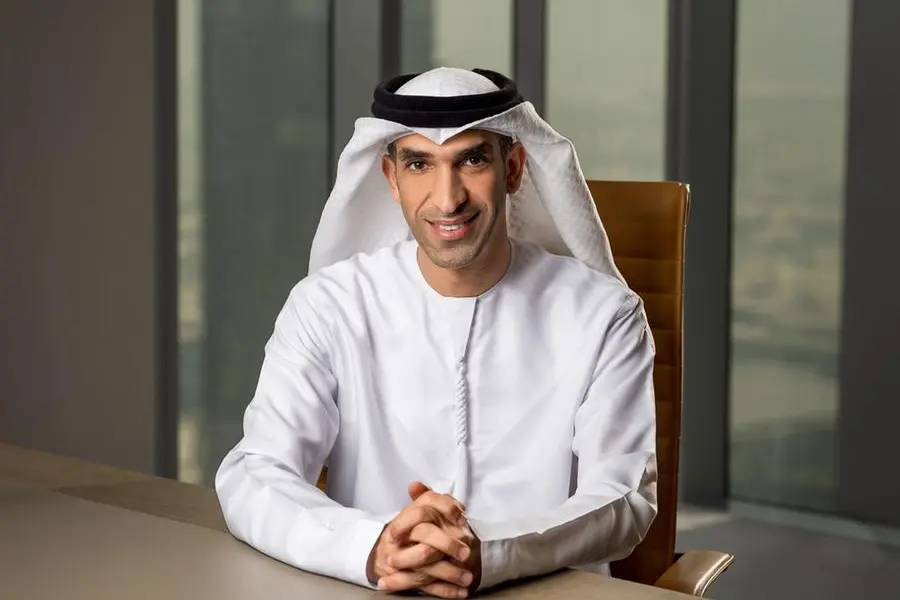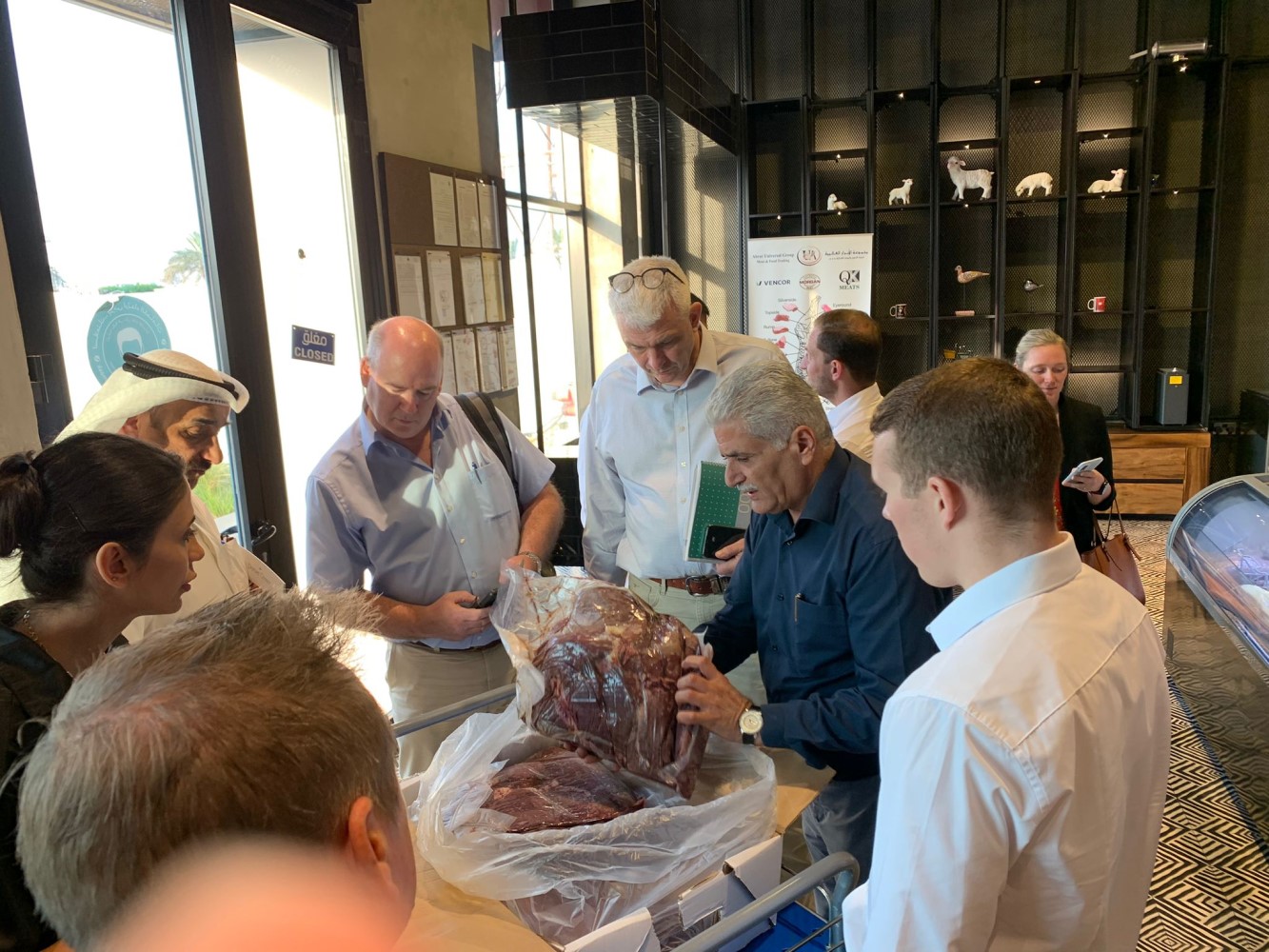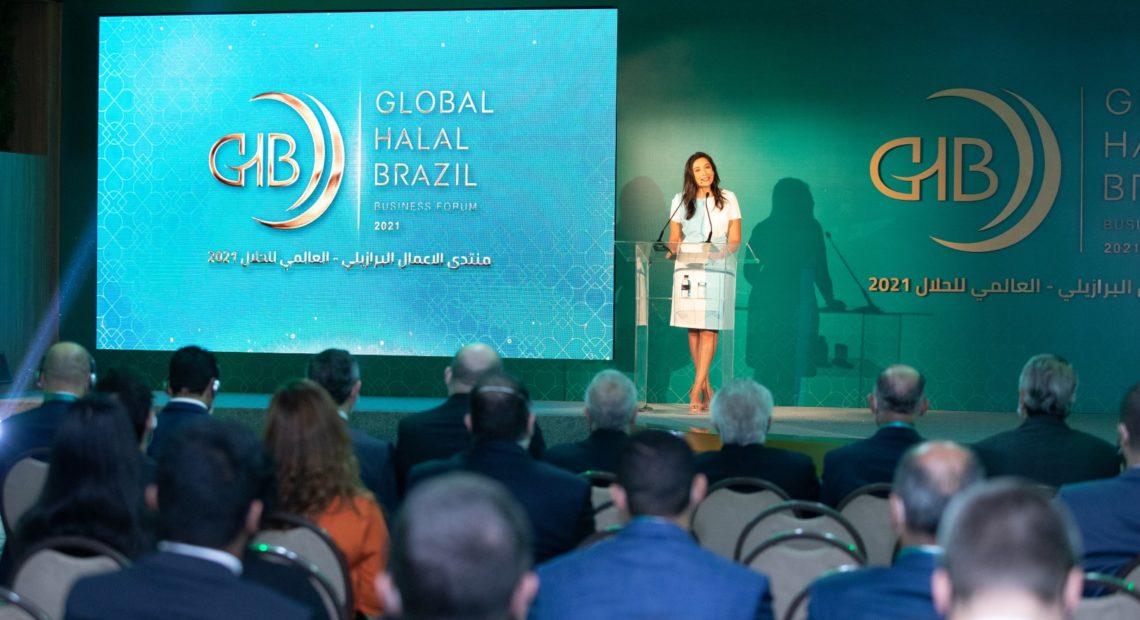
The latest developments in Brazil’s halal market and new insights into the $5 trillion global halal trade will come up at the Global Halal Brazil Business forum in Sao Paulo, Brazil, from December 6 to 8, 2021.
The event is set to provide a platform for officials, business, and experts to share their insights on global halal trade and its potentials, as well as the edicts surrounding trade of halal products.
The forum also aims to shed light on the potential of Brazil’s halal market for stakeholders such as government entities of various nations, halal businesses, investors, federations, industry associations, chambers of commerce, exporters, distributors, retailers, and halal certification bodies.
The business forum recognises importance and growing demand for high-quality halal, healthy, functional, and organic food products around the world.
Organised by the Arab Brazilian Chamber of Commerce (ABCC), the three-day event to be held virtual and in-person will be in partnership with the Federation of Muslim Associations in Brazil (FAMBRAS Halal) and supported by the Brazilian Trade and Investment Promotion Agency (Apex-Brasil), BRF, Iceport and Portonave at the Renaissance Hotel.
According to the State of Global Islamic Economy Report 2020, the revenue from the global halal trade, which serves around 1.6 billion consumers is $5 trillion, of which only $1.17 trillion accounts for foodstuff.
The report also highlights the importance of a traceability guarantee, which offers greater security to the halal value chain and predicts a growth of 18% in the halal trade by 2024.
Osmar Chohfi, President of ABCC, said: “Through the business forum, we aim to create awareness among the Brazilian exporters about the immense potential in global halal trade and support them to enhance their operations to boost the trade of high-quality Brazilian halal products. The forum will be an ideal opportunity for firms in the Brazilian food industry to explore opportunities, learn and collaborate with stakeholders in halal businesses, accreditation, and certification bodies, to expand Brazil’s halal food trade and promote best practices, research, and development. The requirement for halal products is not limited to the food and beverages industry and extends as well to pharmaceuticals, cosmetics, services, finances, and tourism. The halal cosmetics industry alone is projected to grow up to $76 billion in terms of value by 2024. Brazil has strong potentials to expand its halal market at the global level considering its position as one of the largest animal protein exporters which meet the global halal standards.
“This business forum is also in line with the initiatives to ensure the integrity of the halal value chain. We are positive that this business forum will enable the creation of a business ecosystem for halal trade without any barriers across the world. The establishment of unified standards for halal trade will also boost halal businesses globally. As an important entity responsible for the diversification of Brazilian businesses, ABCC aims to increase the awareness of the Brazilian firms about current and future business opportunities and facilitate the entry of new stakeholders into the Brazilian industries flawlessly,” added Chohfi.
Ali Zoghbi, Vice President of FAMBRAS Halal, stated: “In Brazil, the halal industry has created around 1.5 billion direct and indirect jobs and the sector also holds huge potential for new business prospects. The practices and initiatives in the whole chain of production in the industry also adhere to the concept of conscious consumption and ensure the authenticity of halal products.”
He also emphasised that even though most of the consumers of Brazilian halal products are Muslims, with the popularity of halal as a lifestyle, there are also many consumers who are non-Muslims.
The key discussions on the first day of the business forum will revolve around opportunities, challenges, and Brazil’s role in the global halal industry. It will feature eminent personalities from governmental entities of various nations and experts in halal businesses. The second and third days will spotlight topics such as: Innovation and Technology in Halal as Competitiveness Factor, and Beyond Food – Halal in different ESG and Sustainability Ecosystems, respectively.
The forum also aims to encourage Brazilian enterprises to take up the opportunities to diversify the halal market to other industries such as cosmetics, fashion, medicines, finance and tourism and mark the niche market for halal trade in all Muslim – including non-Arab – countries and Islamic communities in Europe and the US.– TradeArabia News Service



